The third edition of the Symposium on Security & Privacy in Speech Communication, focuses on speech and voice through which we express ourselves. As speech communication can be used to command virtual assistants to transport emotion or to identify oneself, the symposium encourages participants to give answers on how we can strengthen security and privacy for speech representation types in user-centric human/machine interaction? The symposium therefore sees that interdisciplinary exchange is in high demand and aims to bring together researchers and practitioners across multiple disciplines – more specifically: signal processing, cryptography, security, human-computer interaction, law, ethics, and anthropology.
For the general symposium, we welcome contributions to related topics, as well as progress reports, project dissemination, or theoretical discussions and “work in progress”. In addition, guests from academia, industry and public institutions as well as interested students are welcome to attend the conference without having to make their own contribution.
Although, we aim for meeting all of you on-site, we also opt for virtual presentations during the symposium.
Registration
Registration fees for the event:
- In person (Dublin City University, Dublin Ireland) Full: 38€
- In person (Dublin City University, Dublin Ireland) Student: 24€
- Virtual: free
The registration to the workshop can be performed using the Interspeech registration system For the event-only registration (without attending INTERSPEECH 2023), please write a Mail to the Chair Ingo Siegert
The event is open to everyone, regardless of their contribution to the VoicePrivacy challenge or SPSC symposium.
Location
The Symposium is held at the Dublin City University (St Patrick's Campus Location), Room E223. In the following map you can see the Symposiums Location (1) and the Interspeech Location (2) as well as the Dinner Location (3): The Italian Restuarant Dublin La Caverna.
How to reach?
Walk:
It is approx 60 minutes walk from the Interspeech Dublin Convention center to the DCU St Patricks Campus.
Bus:
The bus-stop is called: DCU St Patricks Stop 21 The following busses service there:
- 1 (every 8 Minutes)
- 11 (every 8 Minutes)
- 13 (every 15 Minutes)
- 41, 41B, 41C (every 8 Minutes)
- 101 (every 15 Minutes)
From Bus stop to venue:
We have a large lecture hall with 146 seats, located inside the building.
Program
We are glad to announce the program, all times are Irish Time Zone, IST:
Saturday, August 19, 2023
| 09:00 - 09:10 | Opening Ceremony |
| 09:10 - 10:10 | Keynote How Risky is Multimodal Fake News Detection? A Review of Cross-Modal Learning Approaches under EU AI Act Constrains with Razieh Khamseh-Ashari (TU Berlin) and Vera Schmitt (TU Berlin) |
| 10:10 - 11:00 | Panel AI-regulation and data-protection: Perspectives from the world Vera Schmitt, Jennifer Williams, Sneha Das, Tom Bäckström |
| 11:00 - 11:30 | Coffee Break |
| 11:30 - 13:00 | SPSC Talks (virtual and in-person)
|
| 13:00 - 14:00 | Lunch Break (food included) |
| 14:00 - 16:00 | SPSC Poster session in-person
|
| 16:00 - 16:30 | Coffee Break |
| 16:30 - 17:00 | SPSC Poster session virtual
|
| 17:00 - 18:00 | SIG's SPSC Townhall Meeting What has been done, what will be done in SPSC with Jennifer Williams and Ingo Siegert |
| 19:00 - open | Social Event for on-site participants |
All time are given with respect to the IST zone. You can use a time zone converter to check the times in your time zone.
Organizing Committee
Ingo SIEGERT, Otto von Guericke University Magdeburg, Germany
Jennifer WILLIAMS, University of Southampton, UK
Sneha DAS, Technical University of Denmark, Denmark
Program Commitee
Tom BÄCKSTRÖM, Aalto University, Finland
Nick EVANS, EURECOM, France
Irina ILLINA, University of Lorraine, France
Hung-yi LEE, National Taiwan University, Taiwan
CANDY OLIVIA MAWALIM, Japan Advanced Institute of Science and Technology, Japan
Salima MEDHAFFAR, LIA - Avignon University, France
Shri NARAYANAN, University of Southern California
Gerald PENN, University of Toronto, Canada
Karla PIZZI, Fraunhofer AISEC, Germany
TIM POLZEHL, DFKI, Germany
LEA SCHÖNHERR, CISPA, Germany
XIN WANG, National Institute of Informatics, Japan
Materials
In the meantime for waiting for the Proceedings, we already can give you access to the poster:


